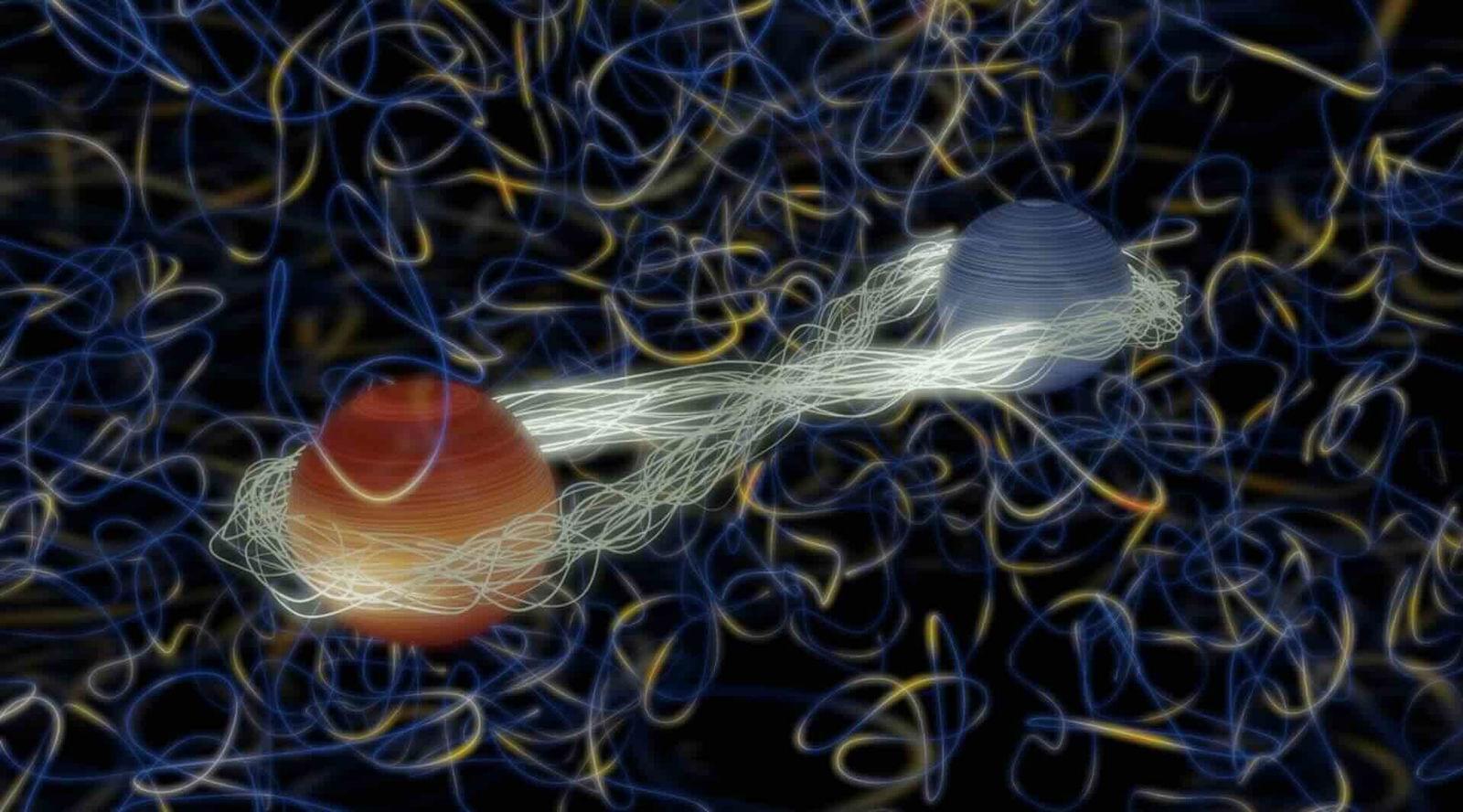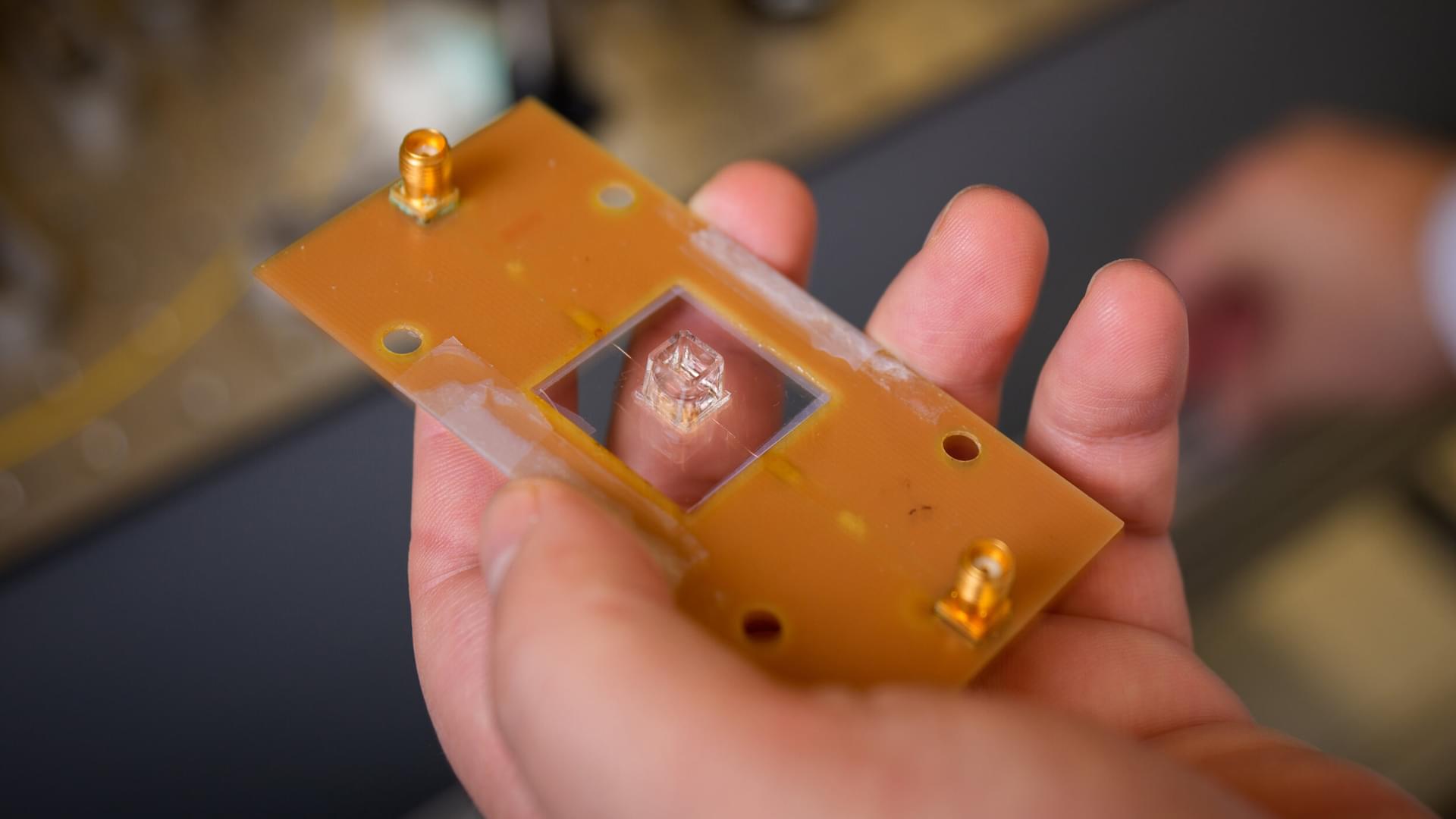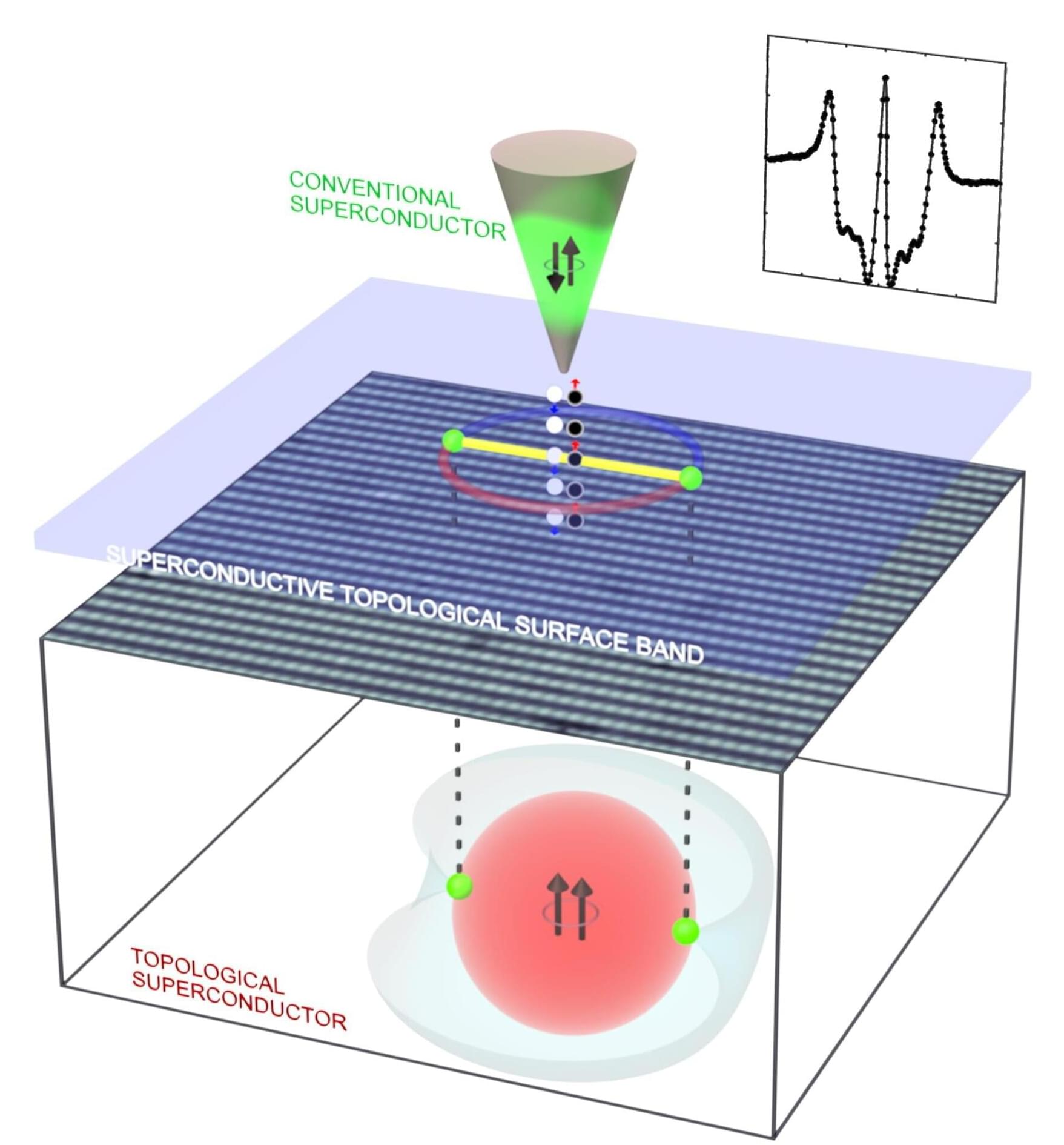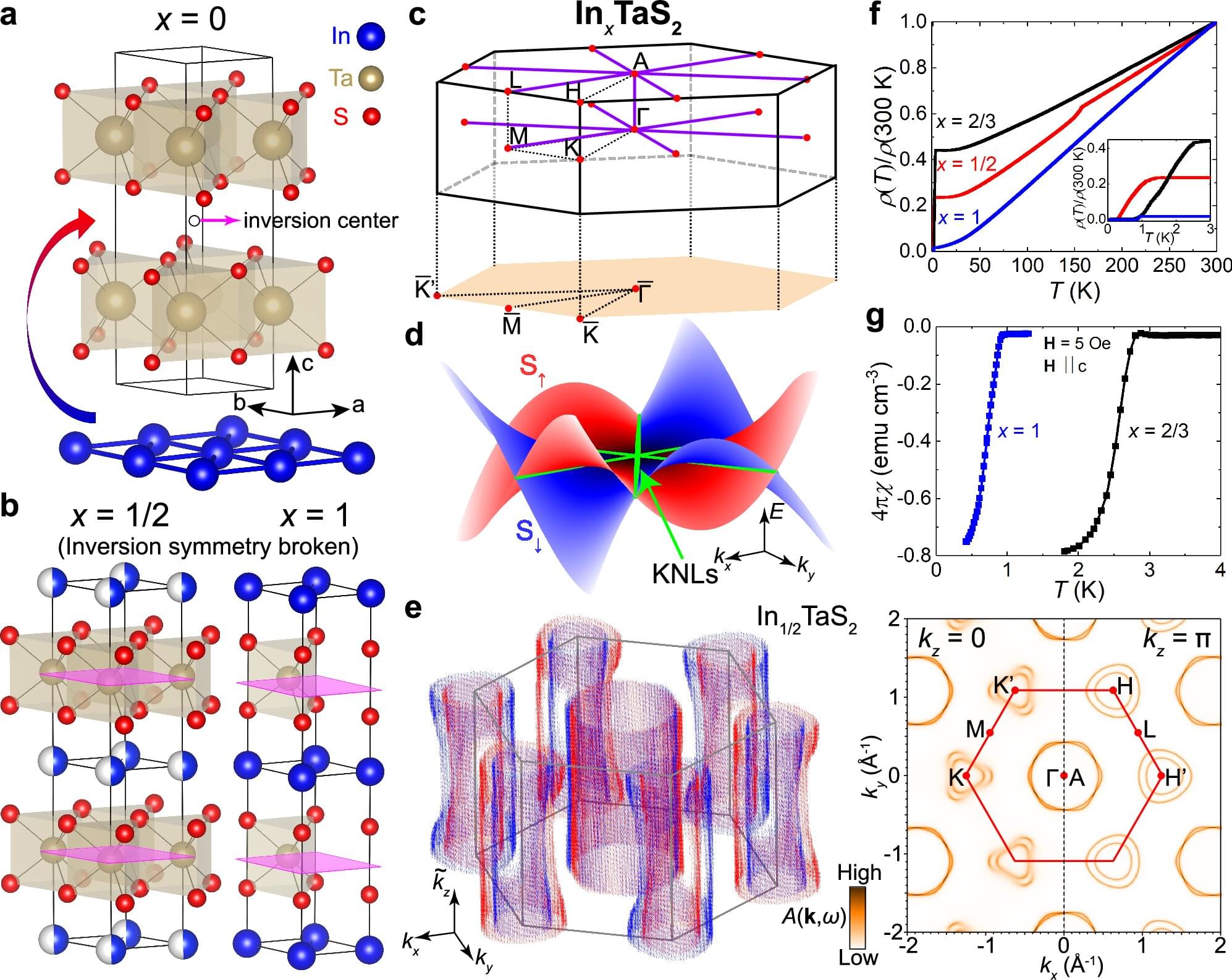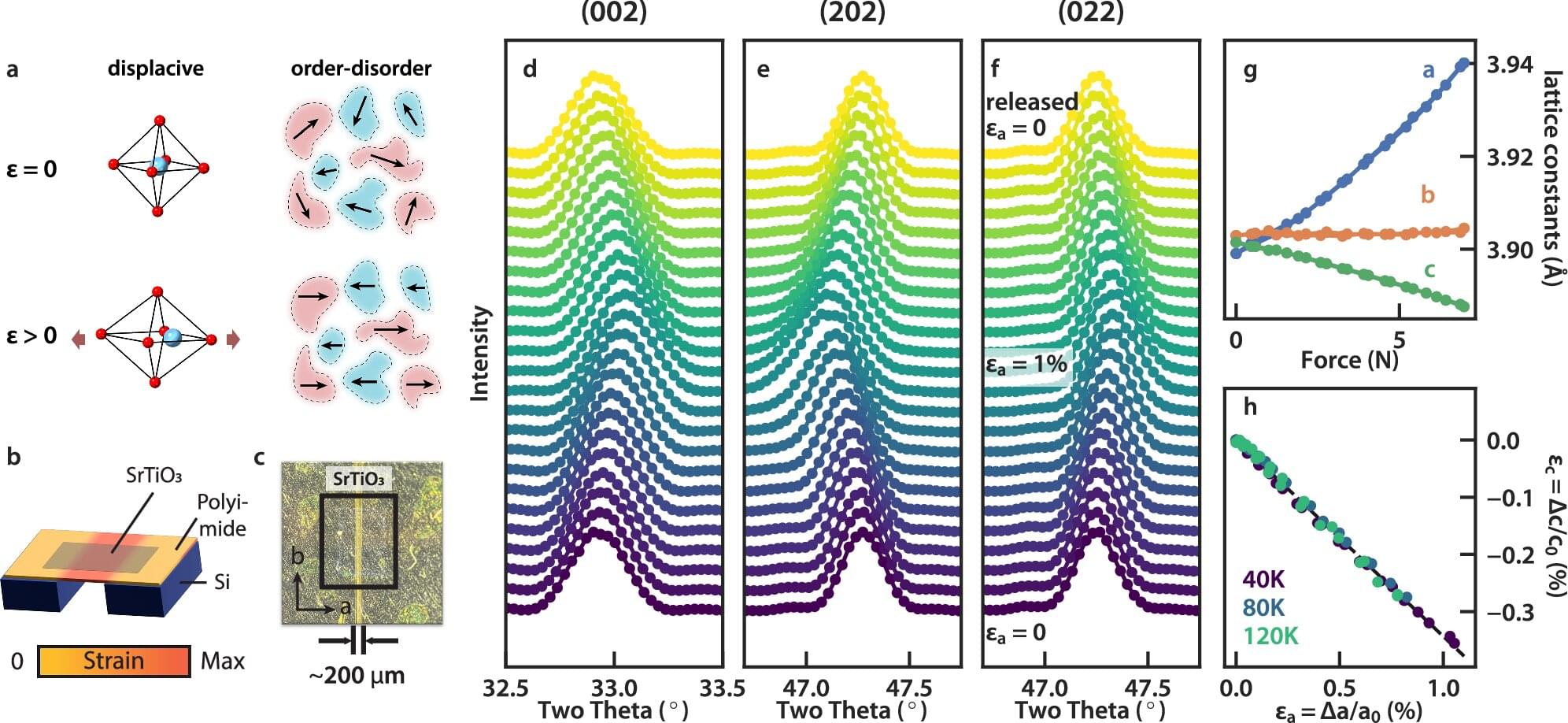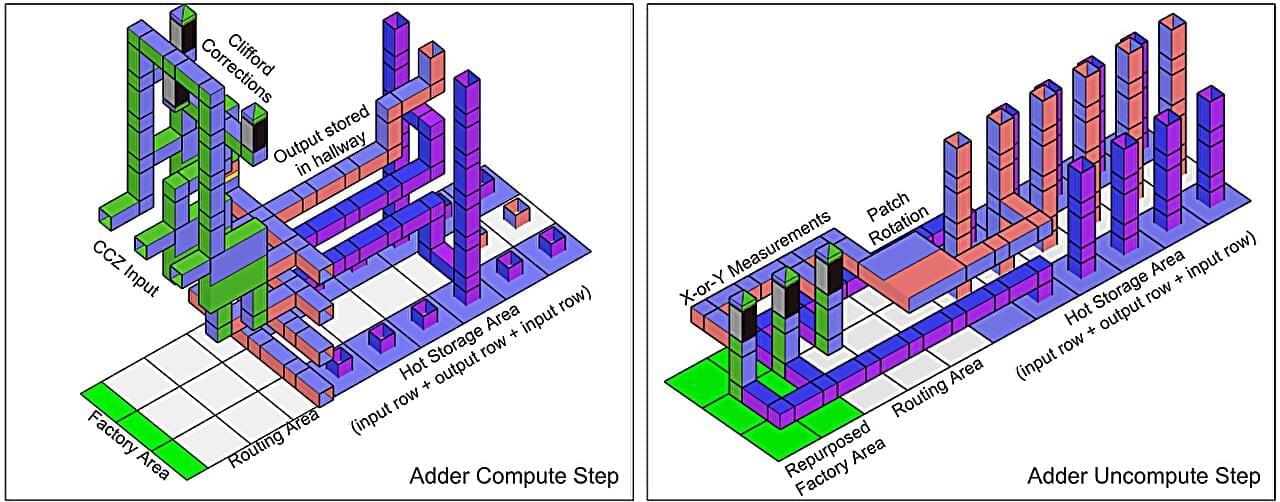Very soon after the Big Bang, the universe enjoyed a brief phase where quarks and gluons roamed freely, not yet joined up into hadrons such as protons, neutrons and mesons. This state, called a quark-gluon plasma, existed for a brief time until the temperature dropped to about 20 trillion Kelvin, after which this “hadronization” took place.
Now a research group from Italy has presented new calculations of the plasma’s equation of state that show how important the strong force was before the hadrons formed. Their work is published in Physical Review Letters.
The equation of state of quantum chromodynamics (QCD) represents the collective behavior of particles that experience the strong force—a gas of strongly interacting particles at equilibrium, with its numbers and net energy unchanging. It’s analogous to the well-known, simple equation of state of atoms in a gas, PV=nRT, but can’t be so simply summarized.
